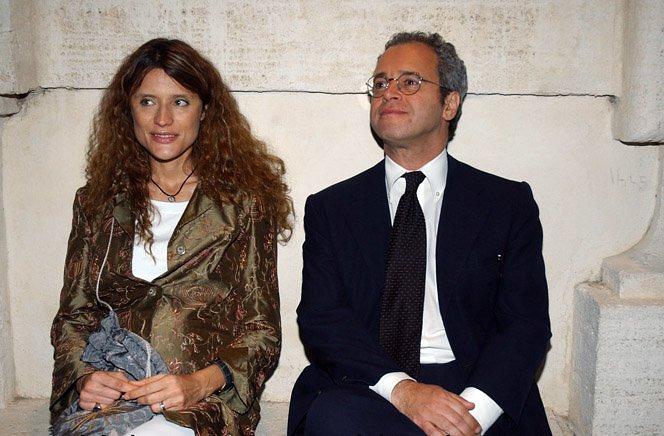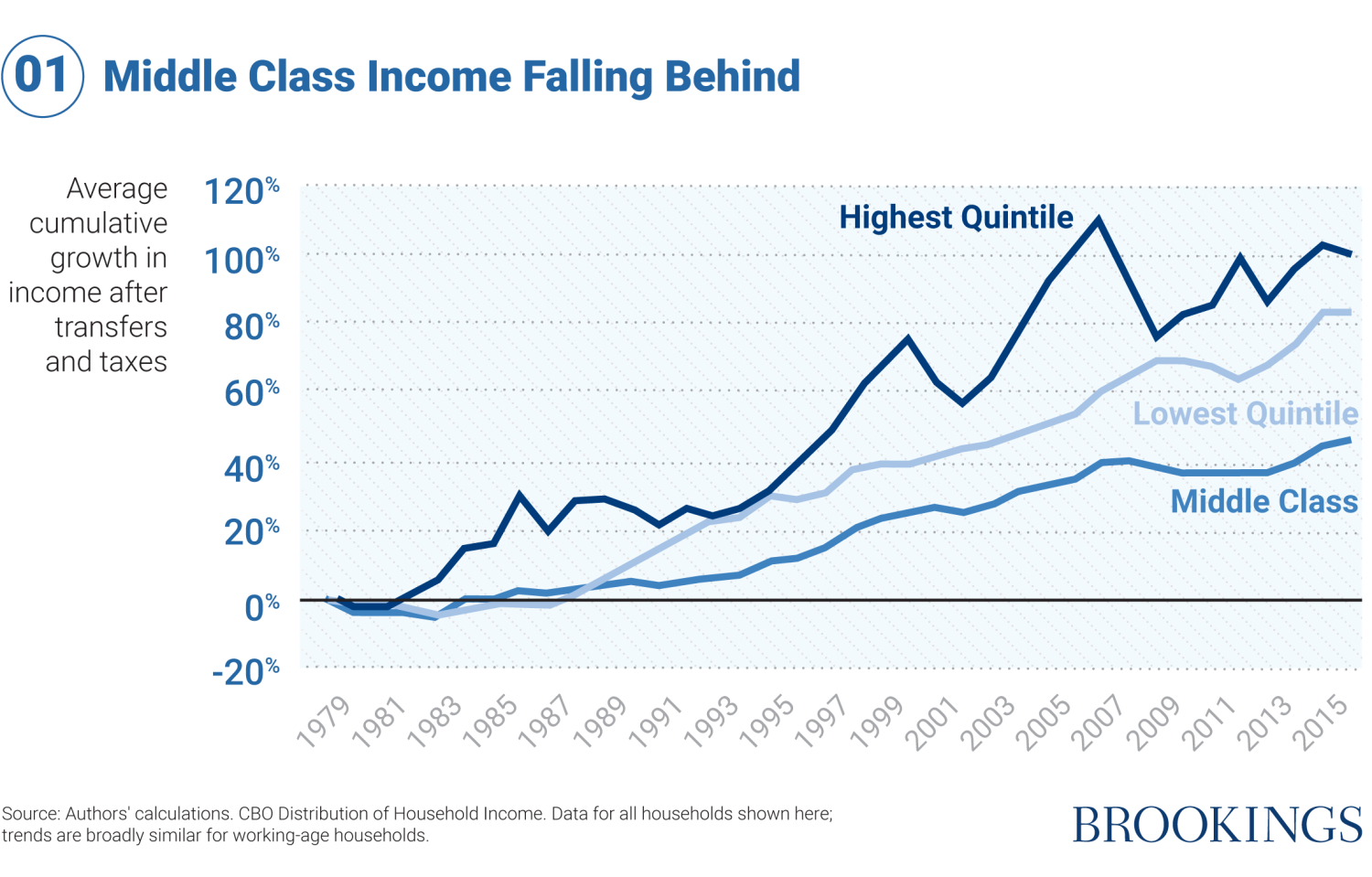Prosecutorial Misconduct Alleged In Cardinal Case: Analysis Of New Evidence

Table of Contents
The Allegations of Prosecutorial Misconduct
The allegations against the prosecution in the Cardinal case are severe and far-reaching, potentially constituting serious breaches of legal ethics and due process. Keywords associated with these accusations include: Brady violation, exculpatory evidence, withheld evidence, witness tampering, coercion, obstruction of justice, unethical conduct, and prosecutorial overreach.
- Withheld Exculpatory Evidence: Reports suggest the prosecution deliberately withheld exculpatory evidence, a clear violation of Brady v. Maryland. This allegedly includes crucial forensic evidence that contradicts the prosecution's timeline of events and casts doubt on the reliability of key witness testimonies. Specifically, a lab report indicating a different DNA profile than the one presented at trial has surfaced, potentially exonerating the Cardinal.
- Witness Coercion and Intimidation: Several witnesses have come forward, alleging intimidation and coercion by members of the prosecution team. These claims, if substantiated, represent a gross violation of ethical standards and could significantly undermine the credibility of the original trial. One witness claims they were offered a reduced sentence in exchange for false testimony.
- Presentation of False or Misleading Information: Further allegations suggest the prosecution knowingly presented false or misleading information to the court, potentially influencing the jury's decision. This includes discrepancies in the presentation of financial records and expert witness testimonies.
- Legal Ramifications: The gravity of these alleged actions could lead to disciplinary action against the prosecutors involved, ranging from suspension to disbarment. Furthermore, the conviction itself is highly vulnerable to challenge.
Analysis of the New Evidence
The newly discovered evidence in the Cardinal case is substantial and potentially game-changing. Keywords relevant to this section include forensic evidence, witness testimony, alibi, contradictory evidence, expert analysis, DNA evidence, newly discovered evidence, and material evidence.
- Forensic Evidence: The newly discovered forensic evidence, as mentioned earlier, includes a DNA report contradicting the original findings, calling into question the prosecution’s entire case. Independent expert analysis supports this conclusion.
- Witness Testimony: New witness testimonies have emerged corroborating the Cardinal's alibi and providing further evidence contradicting the prosecution's narrative. These witnesses were not initially contacted by the defense.
- Contradictory Evidence: A significant amount of the evidence presented at the original trial is now shown to be contradictory to the new evidence, raising serious questions about the thoroughness and integrity of the initial investigation.
- Impact on the Verdict: The cumulative effect of this new evidence significantly weakens the prosecution's case and casts serious doubt on the validity of the original guilty verdict.
Impact on the Cardinal's Conviction
The combined weight of the allegations of prosecutorial misconduct and the newly discovered evidence strongly suggests grounds for an appeal. Keywords relevant to this section include appeal, overturned conviction, wrongful conviction, habeas corpus, post-conviction relief, and judicial review.
- Appeal and Post-Conviction Relief: The Cardinal's legal team is likely to file an appeal, arguing for the overturning of the conviction based on newly discovered evidence and prosecutorial misconduct. A habeas corpus petition could also be filed, challenging the legality of his detention.
- Likelihood of Overturning: Given the significant nature of the allegations and the new evidence, there is a strong possibility that the conviction will be overturned. The judiciary will need to carefully consider the implications of a Brady violation and the potential impact of the coerced testimonies.
- Legal Strategies: The defense will likely employ several legal strategies, including arguing for a new trial and presenting the new evidence to demonstrate the original verdict's lack of merit.
Implications for the Justice System and Legal Ethics
This case has significant implications for the broader justice system and raises serious concerns about prosecutorial ethics and accountability. Keywords for this section include judicial reform, accountability, ethical standards, legal reforms, prosecutorial ethics, transparency in the justice system, and due process violations.
- Erosion of Public Trust: Cases like this severely damage public trust in the judicial system. The perception of unfairness and potential bias undermines the very foundation of justice.
- Need for Accountability: Increased accountability for prosecutorial misconduct is crucial. Stronger oversight mechanisms and stricter ethical guidelines are necessary. This includes independent investigations of alleged misconduct.
- Preventing Future Incidents: Legal reforms must be implemented to prevent future instances of prosecutorial misconduct. This includes mandatory continuing education in legal ethics and improved training programs.
Conclusion
The allegations of prosecutorial misconduct and the emergence of new evidence in the Cardinal case represent a profound challenge to the integrity of the original conviction. This analysis highlights the significant impact of these developments and underscores the urgent need for a thorough and impartial review of the case. The sheer volume of contradictory evidence and credible accusations of unethical conduct demands a closer look at the procedural safeguards in place, and a more robust system for addressing such allegations.
The ongoing investigation into prosecutorial misconduct and the analysis of this new evidence demand a closer examination of the justice system's processes. To ensure justice is served and the integrity of the legal process is upheld, further investigation into this and similar cases involving allegations of prosecutorial misconduct is crucial. Demand accountability and transparency in the Cardinal case and similar instances of alleged prosecutorial misconduct. The fight for justice continues, and the pursuit of truth must remain paramount.

Featured Posts
-
 Canada Election Imminent Trumps Controversial Remarks On Us Role
Apr 30, 2025
Canada Election Imminent Trumps Controversial Remarks On Us Role
Apr 30, 2025 -
 Addio A Mario Nanni Omaggio A Un Grande Giornalista Parlamentare
Apr 30, 2025
Addio A Mario Nanni Omaggio A Un Grande Giornalista Parlamentare
Apr 30, 2025 -
 Adidas Spring Sale Best Deal On 14 Slides
Apr 30, 2025
Adidas Spring Sale Best Deal On 14 Slides
Apr 30, 2025 -
 Us Middle Class Income State By State Breakdown And Analysis
Apr 30, 2025
Us Middle Class Income State By State Breakdown And Analysis
Apr 30, 2025 -
 14 2025
Apr 30, 2025
14 2025
Apr 30, 2025
